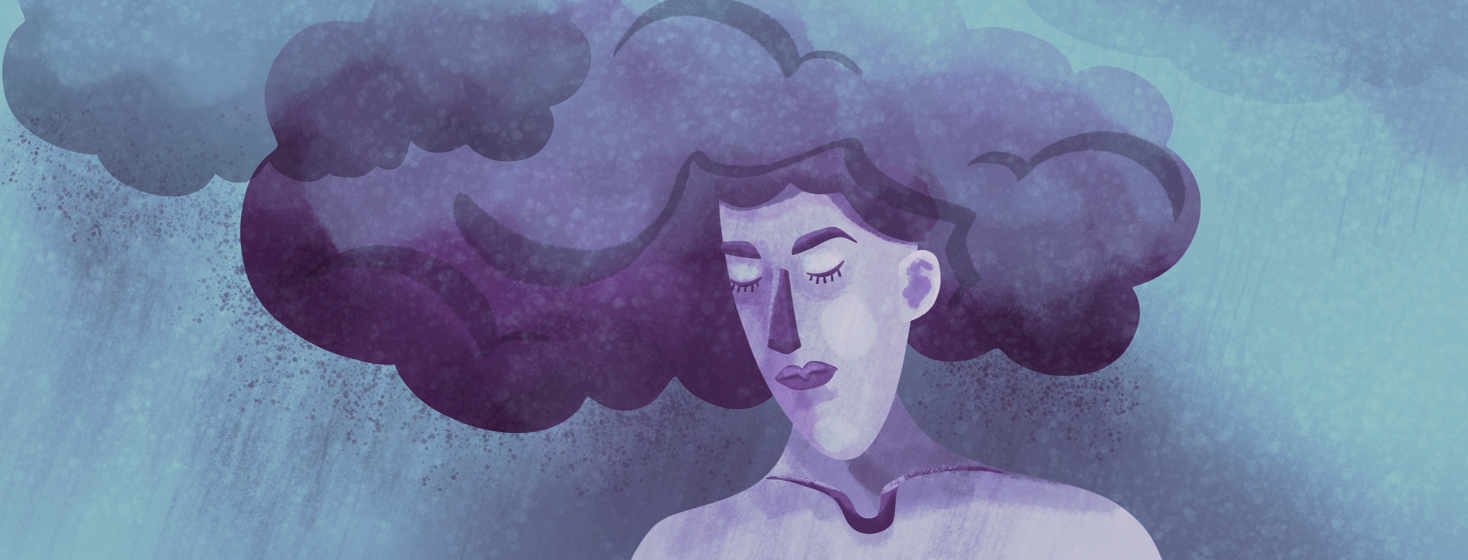4 Ways to Care for Your Mental Health When Living with Endometriosis
Endometriosis patients live under a sizeable amount of stress. As a long-term anxiety sufferer, I can painfully vouch for this. We are subjected to continuous medical appointments, repetitive invasive tests, and conflicting diagnoses. Sometimes, just managing the symptoms takes an enormous toll. Yet, I am a firm believer that no matter how bad it gets, there is always something that can be done to care for one of the most important aspects of our lives: our mental health.
Disconnecting from all things endo
Sometimes, all others seem to want to talk about is my illness; I’ve spent so much time at the doctors, that it’s the only thing that seems to be going on in my life. Mentally, I benefit from designating certain dates "endo-free", even when there are some bothersome symptoms. Those days I shy away from anything endo-related, choosing to focus on reading about fashion, watching comedies, or doing anything that takes me far away from my illness.
I will also read books and search for audio content completely unrelated to endometriosis. It may be a podcast on writing, or a documentary on the film industry. It helps to have a list of topics that interest me, that purposely take me out of my endometriosis mindset.
Making sure to do something enjoyable daily
Assuming energy levels are up, and that we are more or less pain-free, it's essential to do anything that brings joy every day. Whether it’s listening to music, or baking, or eating all of the cookies. Forgetting whether it’s good for the endometriosis, our schedule, and just savoring each minute of goodness, acts like a palate-cleanser. It's like the Marie Kondo saying, "If it brings you joy..."
Saying yes to the food we like
Life with endometriosis can involve a lot of avoidance when it comes to foods. Mainly, anything that will cause inflammation can be a big no. Inflammatory foods include gluten, sugar, caffeine, and dairy. In my case, being on constant "inflammatory food alert", meant I became bored with my limited food choices. It was causing me a lot frustration, especially when eating out. I even lost my appetite.
Recently, I re-introduced the occasional cup of coffee (with oat milk and coffee that's low in caffeine) and on a special weekend, I may eat a few pizza slices. If I get bloated, it happens only occasionally, and I am OK with that.
Going to bed early
Becoming the comfiest of sloths and hiding under the duvet is a way to assure a gigantic smile. Anxiety is a powerful sleep disruptor, and the reason behind feelings of sluggishness. Setting up an alarm is helpful if we want to avoid oversleeping. It's also important to pour all of our energy into getting up as soon as the buzzer rings, wash our face, and make ourselves our favorite comforting morning drink. Repeating this daily can do wonders for one's mind.
It’s key to get to know ourselves, recognize what makes us feel bad or what can trigger a crisis. It’s equally essential to learn what gives us even the tiniest amount of relief. Anything we can do that’s self-caring is a massive step in the right direction.
Elizabeth Gilbert recently said that her full-time job is taking care of her mental health, while writing is her passion, her hobby.1 This places her wellbeing at the center of her life, allowing her to function and be the best version of herself. Managing endometriosis is a full-time job too, and our own wellbeing needs to be the most important task in our daily lives.

Join the conversation